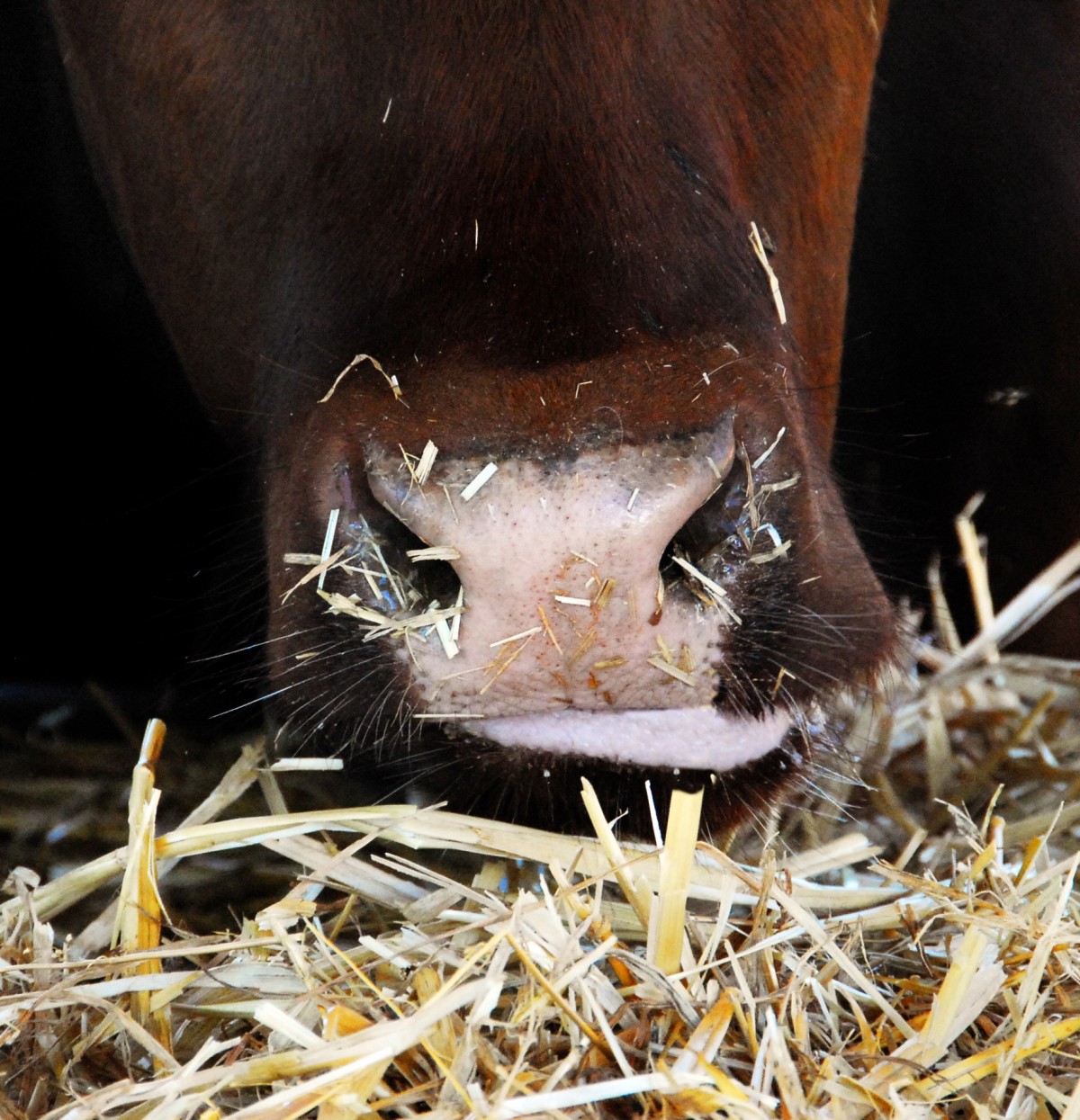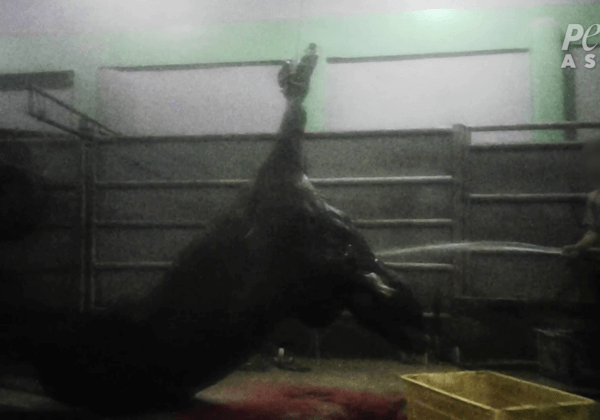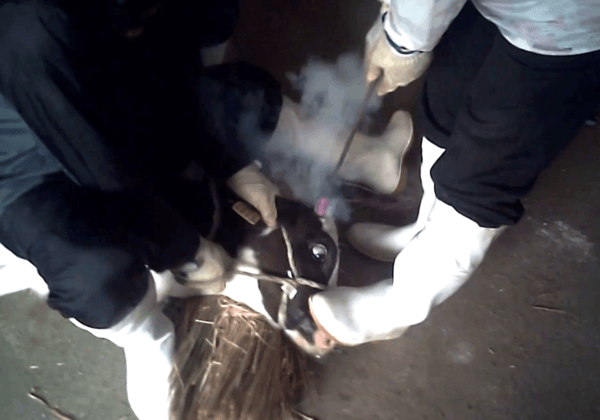What Does Your Meat Eat?
 If you still currently choose to eat meat, make sure that you know exactly what is on your plate. Aside from the cruelty to the animal who died for your meal and the health concerns of eating meat, what about the food that the animal was fed? How healthy was your dinner before he or she was slaughtered?
If you still currently choose to eat meat, make sure that you know exactly what is on your plate. Aside from the cruelty to the animal who died for your meal and the health concerns of eating meat, what about the food that the animal was fed? How healthy was your dinner before he or she was slaughtered?
The majority of animals used for flesh are now reared on factory farms that use intensive farming methods. Factory farms want animals to grow as fast as possible so that they can slaughter them as quickly as possible and keep costs low. As a result, unfortunately, animals are not only treated badly but also fed unnatural substances such as antibiotics (to prevent disease outbreaks in the cramped and filthy conditions) and steroids (to make them grow faster).
One major concern about the overuse of antibiotics in animal feed is the rapid rise of antibiotic-resistant microbes, including strains of salmonella. One in five cases of salmonella is now antibiotic-resistant. Rising numbers of resistant infections of campylobacter (which cause diarrheal illness) and E. coli are also linked to factory farming.
Bovine spongiform encephalopathy (BSE), or mad cow disease, is a neurological (brain) disorder in cattle that was spread through the feeding of previously infected slaughtered cows to other cattle (feeding cows to other cows). BSE is believed to be the cause of a disease called variant Creutzfeldt-Jakob disease (vCJD), which has developed in humans. Linked to the consumption of meat products from cattle infected with BSE, vCJD is a fatal degenerative brain disease.
Brucellais a bacteria that can be spread through contaminated animal feed. The bacteria can pass to humans through the consumption of raw or inadequately cooked milk products and meat, and symptoms in humans can include fever, depression, and headaches. Infection during pregnancy can cause miscarriage or transmission to the unborn child, and in rare cases, lactating mothers have transmitted the bacteria to their baby during breastfeeding.
These are just some of the many illnesses and diseases that can be transmitted to humans from eating the flesh of animals. So do you really need more good reasons to go vegetarian?
Posted by Claire Fryer








